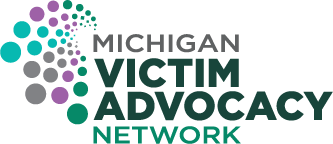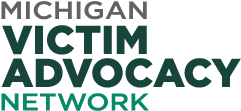Teen Relationships Influence Foundations
Teenage relationships can influence the foundation for a person’s understanding of boundaries, communication, and overall relationship health. It is important that we talk with the youth and young adults in our lives about relationships. Teens may not have many trusted people to talk to, and messages about relationships in the media are mixed to say the least. It may feel awkward at first, but having these conversations is worthwhile to help foster healthy relationship patterns in relationships long-term.
This month’s compilation includes guides, references, and more to fostering healthy relationships and signs that a relationship may have some concerns. As always, please don’t hesitate to contact us if you’re looking for more!

How to fight fair
loveisrespect
This brief article explains how arguments happen in all relationships, even healthy ones. It talks about healthy communication during conflict.

Equality Wheel for Teens
National Resource Center on Domestic Violence (NRCDV)
This equality wheel highlights various behaviors present in a healthy and respectful relationship and was adapted from the Power and Control Wheel developed by Domestic Abuse Intervention Programs, Duluth, MN.
TDVAM Action Guide 2025
December 2024
loveisrespect
“Respecting someone isn’t just a vague idea; it’s action and a mindset. We want to highlight the importance of treating partners with dignity, listening to their viewpoints, respecting their boundaries, and valuing their autonomy by focusing on ‘respect’. This guide includes: Respect in a relationship, Respecting differences, Addressing stigma, Identifying disrespectful behavior, and more.”

The Relationship Spectrum
November 2020
loveisrespect
This one-page guide explains what healthy, unhealthy, and abusive relationships can look like while providing helpful examples.

Teen Power and Control Wheel
National Resource Center for Domestic Violence (NRCDV)
This power and control wheel highlights various behaviors that can be present in a controlling, abusive relationship. Adapted from the Power and Control Wheel developed by Domestic Abuse Intervention Programs, Duluth, MN. Arabic version translated by Layali Eshqaidef and Mona Farroukh at ACCESS.

Create your personal safety plan
National Domestic Violence Hotline
This interactive safety plan site walks someone through the safety planning elements that can help lower the risk of being hurt by a partner. Elements include the basics, home life, school, job, technology, partner, children, and emotional.

Stalking and Adolescents
SPARC and the Idaho Coalition Against Sexual & Domestic Violence
“This webinar focuses on how stalking impacts teens, exploring the dynamics and contextual nature of stalking, considering the diversity of stalking behaviors, highlighting the intersections of stalking with bullying, teen dating violence, and sexual violence, and offering strategies to better recognize and respond to victims and survivors.”

